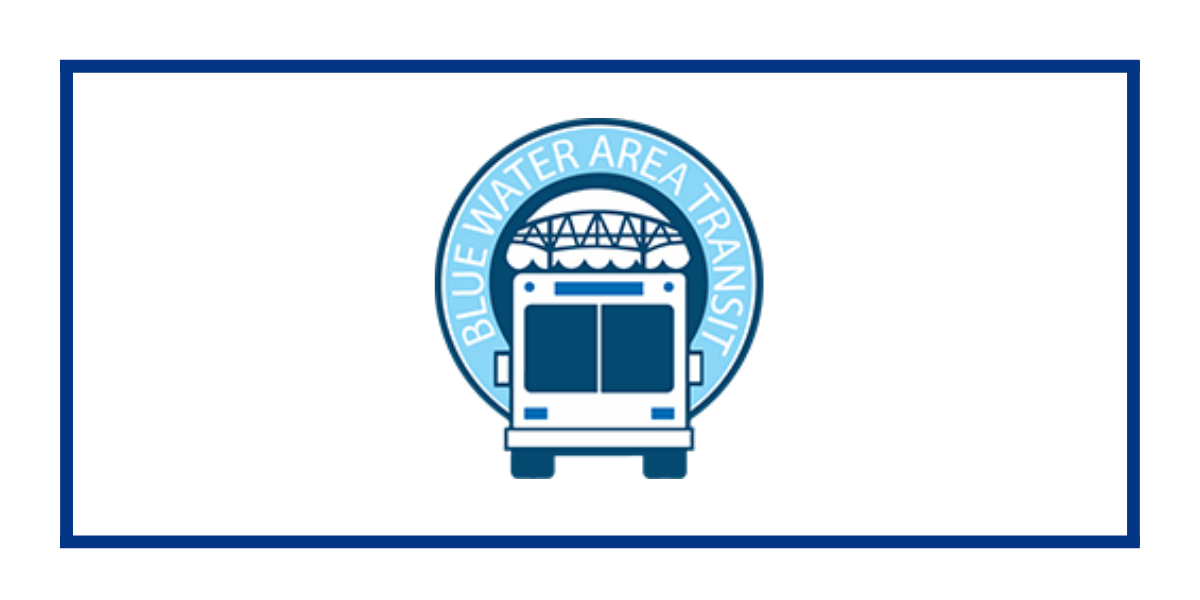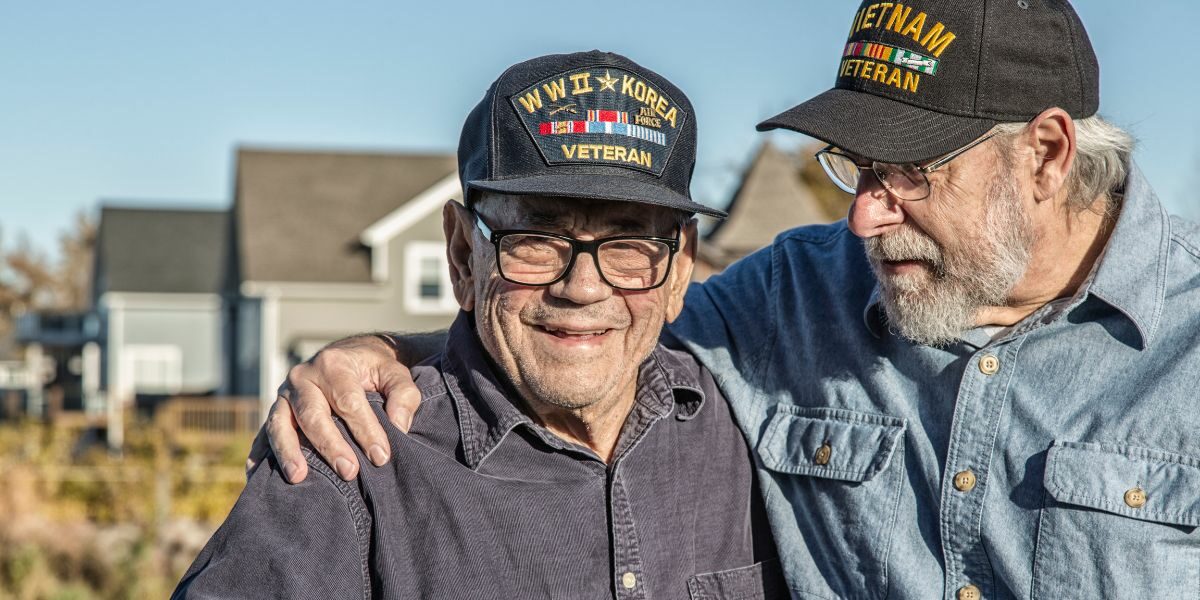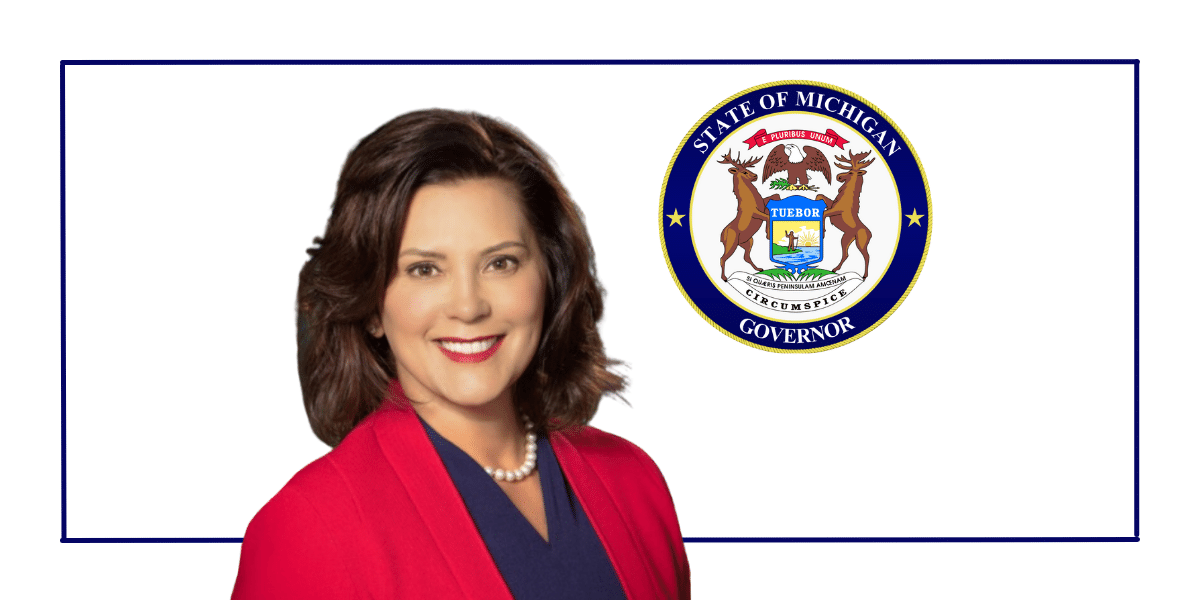Free Rides Offered To New Years Eve Partygoers
The Blue Water Area Transit (BWAT) and Blue Water Recovery & Outreach Center (BWROC) will both be offering residents a free ride service beginning on New Year’s Eve for those who are interested. The Blue Water Area Transit will be offering free rides beginning at 6PM until 11PM for their regular bus service.
There will also be five “Safe Ride” vehicles available Saturday, December 31st, from 6PM until Sunday, January 1st at 2AM. Individuals should make sure to schedule their rides as early as possible to avoid delays as phone lines will be shut off at 1:30AM on New Years Day.
Blue Water Recovery & Outreach Center will also be providing residents with free rides within a five mile radius of downtown Port Huron beginning Saturday, December 31st, at 11PM until 2AM. Calls are not accepted after 2AM, so it’s best to schedule in advance to avoid delays. To schedule or reserve your free ride, call (888) 68-BWROC.
Reporting for WGRT – Choze Powell






